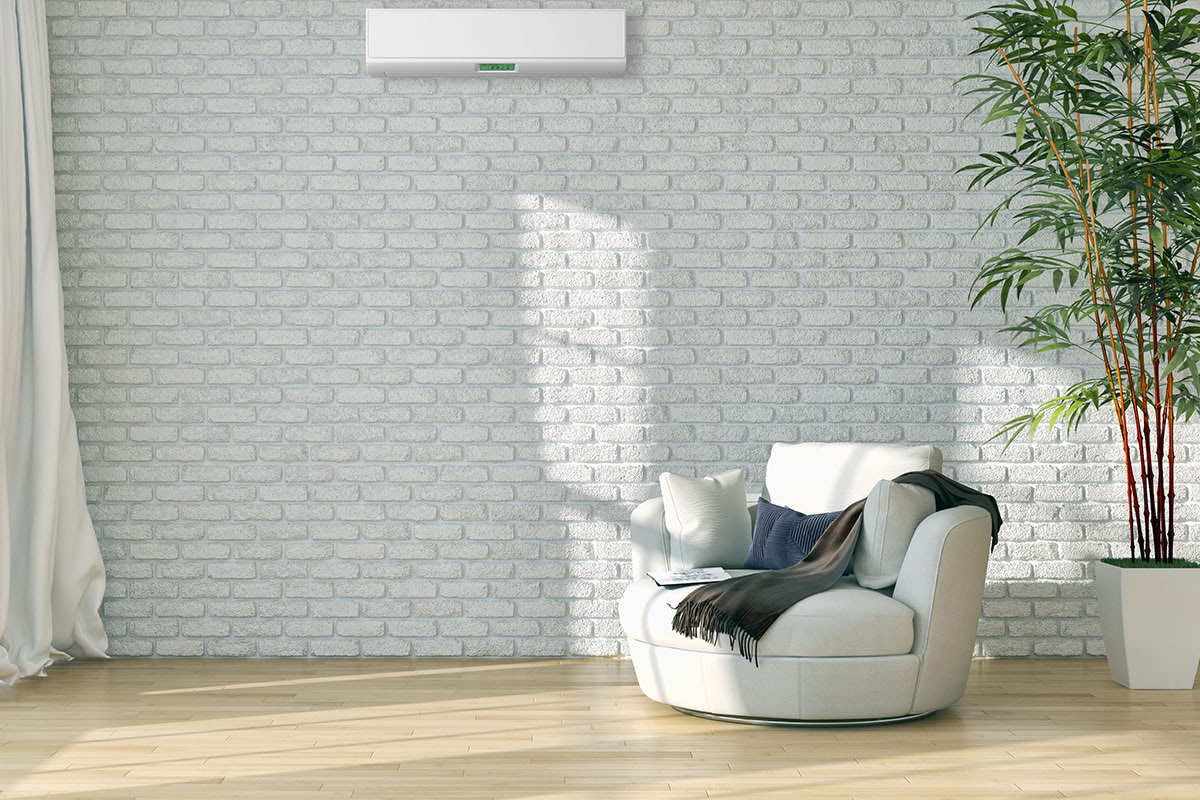Air Conditioning as a Pollution-Averting Solution
A study co-authored by Dr. Marrouch draws a link between proximity to air pollution-heavy areas and the presence of air conditioning in Lebanese households.
A 2020 Greenpeace report reveals that the cost of air pollution from fossil fuels is approximately 4.5 million premature deaths per year, globally. In the MENA region, Lebanon has the highest rate of estimated premature deaths – 2,700 in 2018 – from burning fossil fuels, not to mention the negative economic impact.
To reduce their exposure to pollutants, people use air conditioning which considerably filters Particulate Matter (PM 2.5), fine toxic particles that can penetrate the lungs and cause respiratory, pulmonary and heart disease.
While the effect of air pollution on the presence of central air conditioning has been established in developed countries, a new paper co-authored by Professor of Economics at the Adnan Kassar School of Business Walid Marrouch has presented novel evidence specific to the Middle East.
Titled Central air conditioning, air pollution and housing location: evidence from Lebanon, and published in the International Journal of Housing Markets and Analysis, the paper found that the presence of airborne pollution – specifically PM 2.5, which in Lebanon is mostly generated by fuel-fired power plants and traffic – positively affects the number of central air conditioning units in Lebanese households.
In the absence of governmental regulation that addresses air pollution, and from a policymaking standpoint, the findings are valuable. “The fact that air pollution pushes Lebanese households to spend a non-negligible expense to avoid or minimize it is a clear indicator of pollution-averting behavior, and it quantifies people’s willingness to pay for improved environmental quality,” said Dr. Marrouch.
One of the conclusions is that as the distance from the highly-polluting Zouk and Jiyeh power plants increases, the less likely it is to have central air conditioning in houses – which goes to show that individuals are actively seeking to mitigate exposure to pollutants by using air conditioning.
Other research outcomes drew a positive relationship between air conditioning in households, urban areas and wealth.
Interestingly, the study found that the trend in new apartments is to avoid installing central air conditioning, which might suggest a move toward more energy-saving alternatives because of power cuts and high fuel bills.
To arrive at these findings, the researchers used a creative approach: they exploited a unique dataset on apartments’ listings for sale in Lebanon and linked it to pollution data in order to reveal pollution-averting behavior.
“We were able to demonstrate that out-of-the-box thinking about environmental valuation can yield interesting insights,” said Dr. Marrouch.
To browse more scholarly output by the LAU community, visit our open-access digital archive, the Lebanese American University Repository (LAUR).
